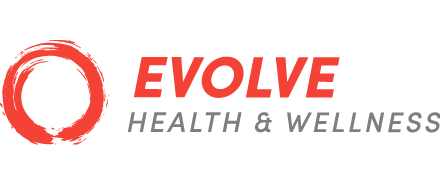
There would seem to be a fundamental principle of our physiology: The components and processes of our bodies which are not used or that are used in excess tend to break down. This does not require an advanced degree to understand; observation of oneself and others will suffice. Here are some simple examples:
- Inactivity leads to reduced cardiac output, physical stress intolerance, peripheral circulation and stenosis of peripheral arteries, muscular and nervous system atrophy, and loss of bone mineral density.
- Excess sugar consumption results in reduced ability for the body to regulate blood sugar, resulting in type II diabetes.
- Over reliance on your liver’s ability to filter toxins such as alcohol result in liver damage and disease.
And the list continues, almost endlessly. Underuse and overuse of our bodies’ systems will reliably result in injury or atrophy. What’s more; there is a never ending list of threats to our bodies – many factors which we cannot affect. Horrific accidents, environmental hazards, and genetic predisposition for disease to name a few. We owe it to ourselves to affect that which we can in order to give our bodies the best chance to survive and recover from the circumstances which are outside of our control. This is not a responsibility we can outsource or delegate.
So, what is the solution? The answer is simple, though do not make the mistake of conflating simplicity and ease:
Willfully expose your body systems to appropriate stimuli in order to promote positive adaptations.
An example of this is exercise. Running at an appropriate intensity, duration and frequency for a year will dramatically improve our cardiovascular health. Consistently weight training at an appropriately challenging weight will increase strength and muscle size.
Do take notice of the operative phrasing, “Appropriate intensity, duration and frequency.” Anything in excess can be detrimental. To use the previous example, poor exercise programming and a rapid increase in duration and intensity for a novice runner could quickly result in musculoskeletal injury and consequent inability to continue with their training. We must tread the fine line between too little and excess carefully, and this applies to all facets of life.
Seek challenge and opportunity.
Prioritize growth to deter feelings of apathy.
Your body and mind will thank you.
Heal. Grow. Evolve.
